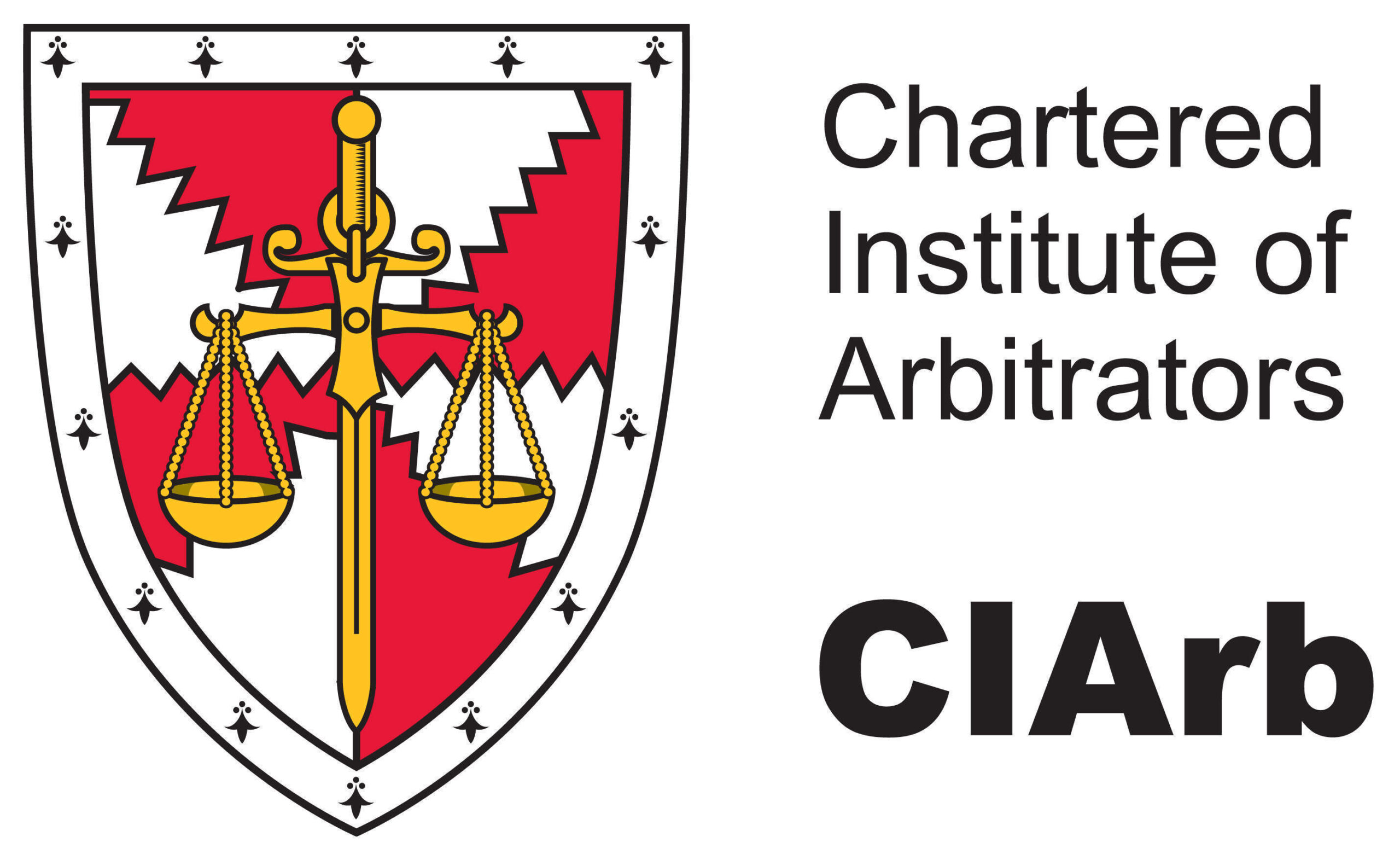If you are a landlord, you may wish to evict a tenant but for no fault on the tenant’s part. Perhaps you need to reclaim your property to undertake a renovation, or maybe you wish to resume living in the property yourself. Whatever reason, evicting a tenant isn’t restricted to instances where the tenant has done wrong. Following a process known as Section 21, you can evict a tenant without the tenant having broken any of the tenancy rules.
What is a Section 21 Notice?
If you are a landlord of a property, you may wish to evict your tenant under the Section 21 proceedings which allow landlords to evict tenants without giving any explicit reason. The process of issuing a Section 21 notice allows landlords to regain a property with ‘no strings attached’ as to the reasoning behind the repossession. If a tenant fails to vacate the property following the current 2-month notice period given, then you, as a landlord have a further 4 months where you can issue proceedings at the Court to obtain an eviction order.
Taking Court action under a Section 21 Notice currently is heavily paper based and tends not to need a hearing date with the procedure being noted as a “fast track” option for landlords.
How much would I have to pay a solicitor to help me evict a tenant?
Prices vary depending on the solicitors that you choose. At Thornton Jones we provide competitive fixed fee estimates based on each of the stages necessary to recover possession of the property. Please give us a call on 01924 290029 to arrange an initial consultation.
Is There Anything New That I Need to Know if I Want to Evict My Tenant?
The government has recently announced their intentions to abolish Section 21 Notices under The Renters’ (Reform) Bill. This would mean that landlords may struggle to evict tenants, as moving forward it would be necessary for landlords to satisfy specific criteria as to why they are seeking to evict tenants. The current grounds are likely to mirror that of a Section 8 Notice, with the likelihood that additional specific grounds are created, which would make it difficult for landlords to meet the criteria to evict tenants. Examples of the current grounds in place under a Section 8 Notice include tenants breaching the terms of their tenancy, continued late payments of rent, or non-payment of rent.
► Find out more about our Litigation and Dispute Resolution services here.
As a Landlord What Does This Mean for Me if I Want to Evict My Tenant?
It remains unclear at this stage what the reform will mean for landlords and when the reform will take place, but it is imminent in the near future.
It is advisable that if, as a landlord, you are considering gaining possession of your property, that you take the necessary steps as soon as possible. It is important that you remain aware that some possession matters may take time, and this is highly likely if tenants oppose the request for eviction.
What is the difference between a Section 8 Notice and a Section 21 Notice?
As a landlord you can serve a Section 21 Notice on a tenant and not have to provide a reason why you are seeking possession. These Notices can be served on tenants with Assured Shorthold Tenancies and currently provide the tenant 2 months’ notice to vacate the property.
A Section 8 Notice is very different, as these generally give tenants only 2 weeks to vacate the property. These notices are commonly used when there are problems in the tenancy such as breaches of terms of tenancy, non-payment of rent and so on. You must rely on certain grounds to remove the tenant and you will be required to attend a hearing before possession order is granted.
I Want to Evict My Tenant. What Should I Do?
In the first instance you should speak with your tenant directly, or via your letting agents, and possibly even consult a solicitor for advice before serving the Section 21 Notice. this is to ensure you are comforted that everything has been done correctly or you may risk serving an invalid notice and having to re-serve causing delays. In most instances this is sufficient for the tenant to act favourably and to find alternative residence. Should the tenant pose you difficulties however then it’s time to consult and possibly instruct a solicitor.
► Find out more about tenant eviction please read this blog.
![]() Call our Wakefield office on 01924 290 029
Call our Wakefield office on 01924 290 029![]() Call our Garforth office on 0113 246 4423
Call our Garforth office on 0113 246 4423![]() Call our Sherburn in Elmet office on 01977 350 500
Call our Sherburn in Elmet office on 01977 350 500![]() Call our Mapplewell office on 01226 339 009
Call our Mapplewell office on 01226 339 009![]() Call our Ossett office on 01924 586 466
Call our Ossett office on 01924 586 466
The content of this blog post is for information only and does not constitute formal legal advice and should not be relied upon as advice. Thornton Jones Solicitors Limited accepts no liability for any such reliance upon this content. Where the post includes links to external websites, Thornton Jones Solicitors Limited accepts no responsibility for the content of such sites. Any link to a third party website should not be construed as endorsement by Thornton Jones Solicitors Limited of any content, products or services which are outside our direct control






